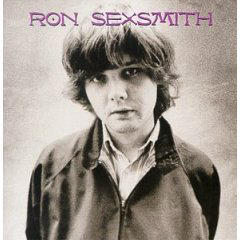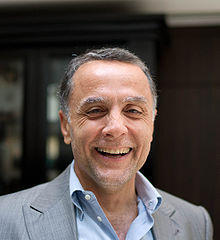Scorn Quotes
GEORGE ELIOT (1868). “THE SPANISH GYPSY”, p.249
Those lovers scorn whom that love doth possess? Do they call virtue there ungratefulness?
Sir Philip Sidney (1983). “Sir Philip Sidney: Selected Prose and Poetry”, p.180, Univ of Wisconsin Press
William Wordsworth (1835). “Yarrow Revisited,: And Other Poems”, p.85
'The Way of the World' (1700) act 3, sc. 5
Gold is a living god and rules in scorn, All earthly things but virtue.
Percy Bysshe Shelley, G. Cuningham (1856). “The Poetical Works of Percy Bysshe Shelley: With Notes”, p.81
The scorn of genius is the most arrogant and the most boundless of all scorn.
Ouida (2016). “Wisdom, Wit and Pathos of Ouida”, p.317, Ouida
Marie (de France) (1983). “Medieval fables”, Dodd Mead
Blaise Pascal, Henry Rogers, Victor Cousin, Charles Louandre (1859). “The Thoughts, Letters and Opuscules of Blaise Pascal”, p.240
Ralph Emerson (2014). “Ralph Waldo Emerson on Self-Reliance: Advice, Wit, and Wisdom from the Father of Transcendentalism”, p.14, Skyhorse Publishing, Inc.
William Shakespeare, Giorgio Melchiori (1989). “The Second Part of King Henry IV”, p.103, Cambridge University Press
William Shakespeare, Samuel Johnson, George Steevens (1788). “The dramatick writings of Will. Shakspere,: with the notes of all the various commentators; printed complete from the best editions of Sam. Johnson and Geo. Steevens”
All affectation; 'tis my perfect scorn; Object of my implacable disgust.
William Cowper (1856). “The task, Table talk, and other poems: With critical observations of various authors on his genius and character, and notes, critical and illustrative”, p.154
William Cowper (1835). “The Poems of William Cowper ...”, p.161
And better had they ne'er been born, Who read to doubt, or read to scorn.
Walter Scott, Sir Walter Scott (1841). “The Poetical Works of Sir Walter Scott, Bart”, p.680







